We believe that the Internet has leveled the playing field of knowledge between patients and physicians. Also, the media has highlighted the errors and mistakes and have hung out our dirty laundry for the public to see.
Then there is the Institute of Medicine’s study in 1999, which chronicled nearly 100,000 deaths\year because of medical errors. Certainly, we can’t overlook the legal profession constantly nipping at our heels, threatening litigation when the outcome is less than perfect.
What can we do? We can continue to assume a policy of denying and defending the situation when there is an undesirable outcome. Or we can adopt an apology policy.
Perhaps after reading this blog, you will understand that we are not perfect, nor are all our diagnoses, treatments, and recommendations. Perhaps an apology will mollify a patient having the knee-jerk reaction of considering litigation when things don’t turn out as planned.
“I’m sorry” is one of the most used phrases in any language. Most of us don’t think twice about offering an apology when we unintentionally bump into a stranger on the sidewalk. However, when we have made a medical mistake, the words seem to get stuck in our throats and become difficult or impossible to express.
We begin learning detachment the moment we begin our medical training. This is compounded by the fact that we have less time to spend with patients and are often wary of engaging our patients in honest, open dialogue. In addition, our malpractice insurers tell us that an apology might be interpreted as an admission of fault or negligence that could make defense difficult if the patient proceeds with a lawsuit.
The likelihood of being sued is significantly decreased as communication skills are increased.
Physicians with the best communication skills ask the patients more questions, encourage patients to talk about their feelings, use humor when appropriate, and educate patients about what to expect during their treatment. Those with enhanced communication skills spend just a few more minutes with their patients, about three minutes per visit, than those physicians who have been sued. A lawsuit decreases by 50% when an apology is offered, and the medical error is disclosed in a timely fashion.
How can we effectively apologize without admitting guilt or wrongdoing?
An authentic apology is heartfelt and driven by genuine regret or remorse. There are five reasons to consider an apology:
- Shows the patient you respect them
- Shows you are taking responsibility for the situation
- Demonstrates you care about the way the patient feels
- Demonstrates your empathy
- Results in dissipating anger
Patients want to know what happened, why it happened, how the problem or error will affect their health in the short and long term, what is being done to correct the problem, who will be responsible for the cost of the error or complication, and finally, what the doctor is doing to avoid this happening again.
Bottom Line: The take-home message: Perhaps when we are comfortable with the words “I’m sorry” and can say them easily and sincerely, we can expect better healthcare, increased job satisfaction, and lower malpractice premiums.
15% Off Medical Practice Supplies
VIEW ALL
 Manual Prescription Pad (Large - Yellow)
Manual Prescription Pad (Large - Yellow) Manual Prescription Pad (Large - Pink)
Manual Prescription Pad (Large - Pink) Manual Prescription Pads (Bright Orange)
Manual Prescription Pads (Bright Orange) Manual Prescription Pads (Light Pink)
Manual Prescription Pads (Light Pink) Manual Prescription Pads (Light Yellow)
Manual Prescription Pads (Light Yellow) Manual Prescription Pad (Large - Blue)
Manual Prescription Pad (Large - Blue)__________________________________________________
Appointment Reminder Cards
$44.05
15% Off
$56.30
15% Off
$44.05
15% Off
$44.05
15% Off
$56.30
15% Off

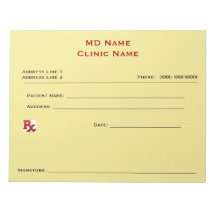
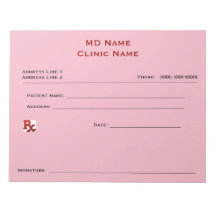
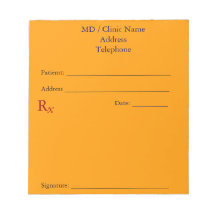
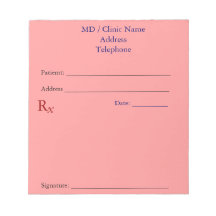
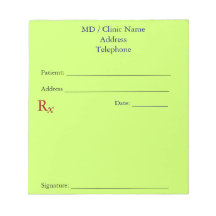
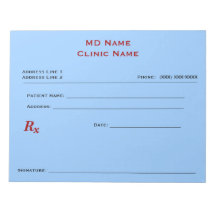
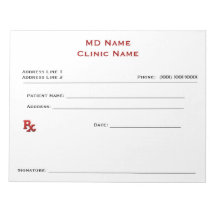
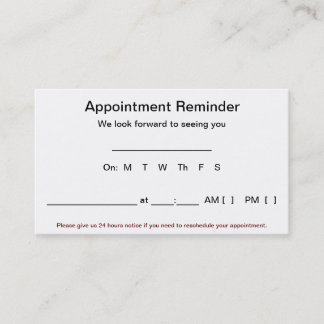
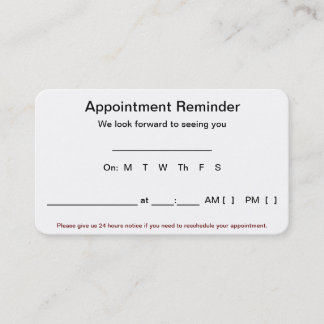
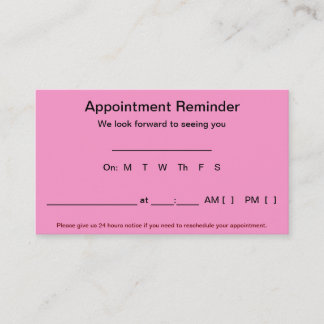
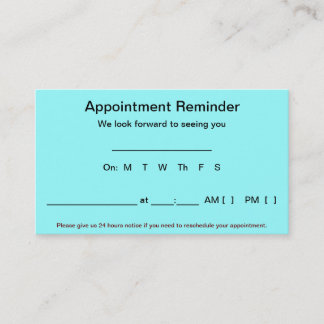
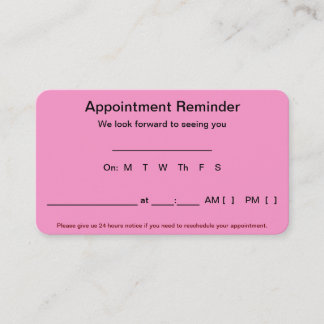
No comments:
Post a Comment